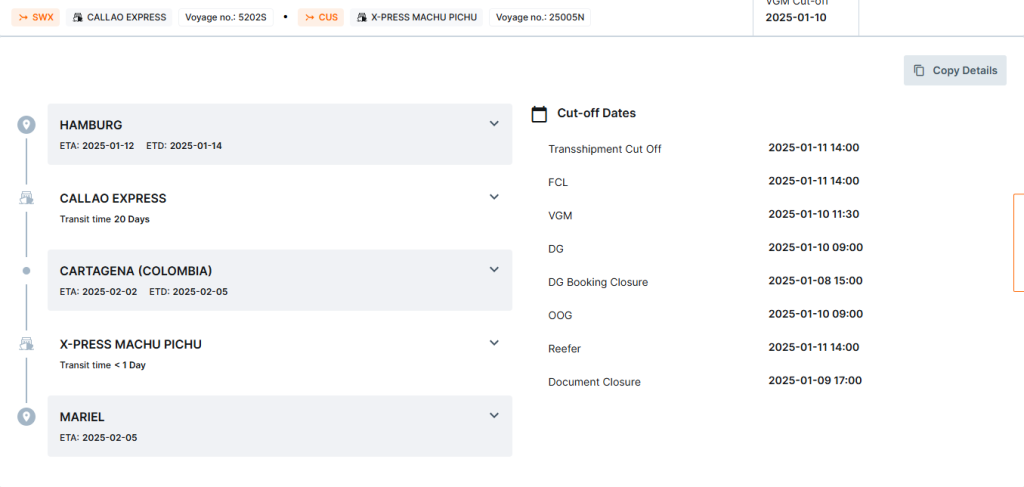FAQs "Frequently Asked Questions"
How often does transport take place?
The plan is to carry out a shipment to Cuba every 8-10 weeks. However, this is heavily dependent on the number of interested parties/senders!
How do I get the shipping boxes?!
We no longer send shipping boxes!
Since we now offer our shipping services throughout Europe, the effort is too costly! You can use your own packaging for shipping!
The dimensions of the boxes used must not exceed a girth of 90 cm! (see section 2.2 below)
1. How long does a transport take? / 2. And how do I know where my shipment is?
- The overall transit time is similar to what you're used to with parcel services.
While sea freight takes considerably longer than air freight, the total transit time until the shipment reaches its recipient will be similar to, or even shorter (and I know this from personal experience) . When the containers with your packages/shipments arrive in Cuba, they will be received by representatives of our organization, not by government agencies. Further processing will therefore be immediate and without any waiting time. - Of course, you will be kept constantly updated on the exact status of your shipment. This
: drop-off at the parcel shop;
date and time of dispatch;
date and time of arrival in Cuba;
processing of the delivery;
and notification of the shipment's arrival at the recipient's address (although we believe the lucky recipient will likely be there even faster than we are). - Example of the notification to them / Example: Sea freight Hapag-Lloyd: See below:


Which food items are allowed to be imported into Cuba and which imports are prohibited?
The Cuban Ministry of Agriculture (MINAG) has published a series of special regulations for the import of foodstuffs of animal and plant origin. These are in line with the regulations adopted by the Cuban government for the import of basic products without restrictions or customs duties.
Following measures for the non-commercial import of food, medicine, and toiletries, Cuba remains prohibited from importing fresh, frozen, dried, or salted meat, as well as liquid milk and unpasteurized dairy products, due to existing hygiene regulations.
The regulations stipulate that the import of canned beef, pork, and poultry is permitted, provided it is properly labeled and bears recognized trademarks.
However, the source indicates that these products must originate from countries deemed acceptable for Cuba, either based on their current animal health status or on agreements between official veterinary authorities. These countries include Spain, Portugal, the United States, Canada, Mexico, Panama, Costa Rica, Nicaragua, Brazil, Argentina, Chile, and Uruguay.
Other products manufactured in these countries, such as sausage and powdered milk, also fall under the new measures implemented in response to the ongoing shortage of food and other basic necessities for Cubans.
There are now no restrictions on the origin of canned seafood, UHT lye, condensed milk, powdered milk and milk desserts, pasteurized aged cheese, or products made from ultrapasteurized milk.
The regulation stipulates that all products must be fully packaged, labeled, and sealed, and must be from recognized brands. It also states that food products with damaged or spoiled packaging will be confiscated and incinerated.
These standards are based on the international regulations of the World Organisation for Animal Health (OIE) and are intended to prevent the introduction of biological warfare agents into Cuba that could cause disease in animals or humans, explained the Ministry of Agriculture, Food and Agriculture (MINAG).
Regarding foodstuffs of plant origin, the authorities have decided that no plant protection inspections or permits are required for the import of wine, spirits, juices, malt beverages, instant soups, fruit purees, vegetables, and other canned goods.
The same applies to roasted and salted fruits, grains and seeds, roasted or ground coffee, oils and lard, as well as frozen products and sugar.
At the same time, foods that could contain pests, such as pasta, grains, spices and shelled nuts, infusions, and flour, will be subject to inspection.
According to the regulations, a plant protection permit or a certificate from the National Plant Health Protection Organization is required for the import of fresh fruits and vegetables.
Why do I need to apply for membership to be able to book services?.
No one is required to become a member. However, we can only offer our services to members! Otherwise, we risk being classified as a commercial enterprise by the tax authorities and losing our non-profit status. The membership fee is deliberately kept very low and, according to our bylaws, ultimately serves a good cause.
Due to the frequently asked question: Why can you do it so cheaply?
1. We are a non-profit organization and must not, and are not allowed to, make a profit.
2. Through very well-designed logistics.
2.1. We don't need to store anything temporarily. Shipments are picked up from you and transported directly to the shipping warehouse/container. No storage costs!
2.2. The boxes must not exceed a girth of 90 cm! This means the longest and shortest sides of the box together must not exceed 90 cm. Example: Length 60 cm, Width 50 cm, Height 30 cm / 60 + 30 = 90 / so that we achieve optimal container loading.
Simply put, we utilize every cubic centimeter of the container. This is only possible because we specify the box size.
This approach allows us to achieve container utilization that is more than twice as high as with conventional parcel shipping.
2.3. We have negotiated special conditions with our logistics partners. "Larger quantities, lower prices."
2.4. We have our own employees as well as private transport providers in Cuba and are not necessarily dependent on state-owned companies.
